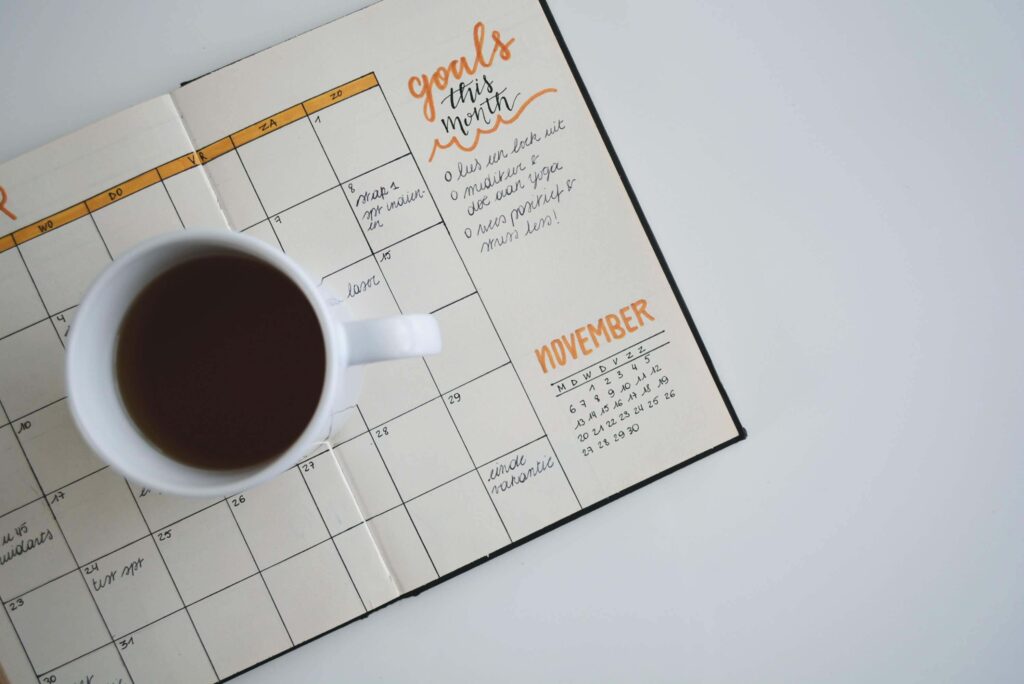- What would you do if you only had 10 years left to live?
- How about 5 years?
- What if you only had 1 year?
This goal setting exercise was given to me several years ago. It really made an impact.
I think it was so significant for me, because 10 years ago, my husband died after only 1 week in hospital. I realised at that point, just how short life can be. Initially I was offended, I thought that it was an insensitive question to ask, given my circumstances. However, it made me reflect on what was important in my life.
We can easily go through life with goals and dreams that we put off for another day, thinking that we’ll have time. Sometimes it’s fear of failure, or even fear of success that holds us back. Sometimes it’s not having a clear plan.
9 out of 10 workers would take a pay cut if it meant having the opportunity to participate in more purposeful work.
BetterUp
Shifting the question from ‘What would you like to be doing 10 years from now?’ to ‘What would you do if you only had 10 years to live?’ gives a sense of urgency, clarifying your thoughts.
The exercise motivated me to set clear goals and gave me a focus. I began to plan, research, set myself some deadlines and make things happen.
Using this questioning approach can help you to visualise what your priorities are. Once you’ve visualised your goals you’ll still need to plan clear steps to achieve them, but it’s a helpful tool to spark ideas.
How to set goals using this technique
By asking the time bound questions from the exercise above it can help you to think about;
- how old you would be at that point
- what age your children would be (if you have them)
- how long you’ll have been in your current role
- wider life goals, beyond work
Which can help you to think about:
- the outcomes you’d like to have achieved
- if you’ll have greater flexibility in terms of location, travel, working hours
- whether you’d like to have moved onto another role
- your work/life balance
Also reflect on the following:
- What kind of organisation are you working in? e.g. Large Corporate, Not-for-profit, SME
- What’s the culture like?
- Are you working independently, or as part of a team?
- Are you leading the team?
- Where are you based? Home, an office, abroad?
- What are you known for?
What next?
Once you’ve identified your goals:
- think about how committed you are to them on a scale of 1 to 10, this will help you prioritise them
- which milestones will get you to your goals?
- how will you know when you’ve achieved them?
- what might get in the way?
- who could help you?
- what’s the first small step which you need to take?
Without realising it, you’ll have used a SMART goal setting technique, by identifying specific goals, which are measurable, achievable, realistic and time bound.
I’d love to hear how you get on. If you’d like some help, please contact me about my coaching packages.
Following redundancy, one of my coaching clients was struggling to decide which career direction to take next. I asked how they’d like to be remembered when they retired.
They wanted their legacy to be their approach to customers. In that moment they realised that it was their greatest strength, yet it didn’t even factor on their CV. They were passionate and highly knowledgeable about customer service.
They identified organisations that they could target and actions they could take to raise their profile. 4 months later they’d secured a senior role building customer loyalty.
You might also like:

